Asia’s tapestry of traditions is woven with stories of craftsmanship, ritual, and community. This curated selection invites travellers to step beyond the tourist trail and meaningfully participate in centuries-old cultural practices through workshops, performances, and homestays led by local custodians.
Also read: Experience Authentic History: The Best Places to Visit in Southeast Asia for Cultural Travellers
Experience a templestay in a Korean Buddhist Temple (South Korea)
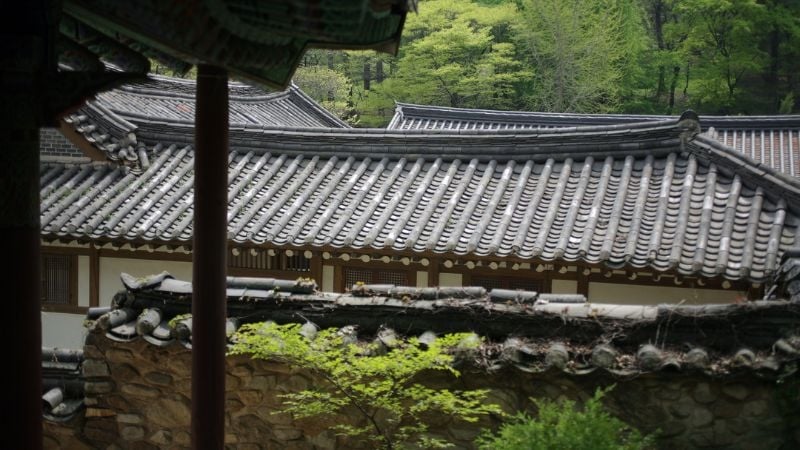
Image credit: neomistyle via Canva Pro
Immerse yourself in monastic life through the Templestay programme run by the Jogye Order at temples like Jeondeungsa or Geumsunsa in Seoul. Over two days, you’ll follow a gentle yet structured routine: early-morning bell chanting, Seon (Zen) meditation, communal work, 108 prostrations, lotus-lantern making, and humble temple meals.
Guides and resident monks offer explanations in English, making this a deeply mindful glimpse into Korean Buddhist culture.
Also read: A Guide to Regional Food in South Korea: Iconic Local Dishes You Should Eat in Each City
Participate in a rural homestay in Shirakawa‑go (Japan)
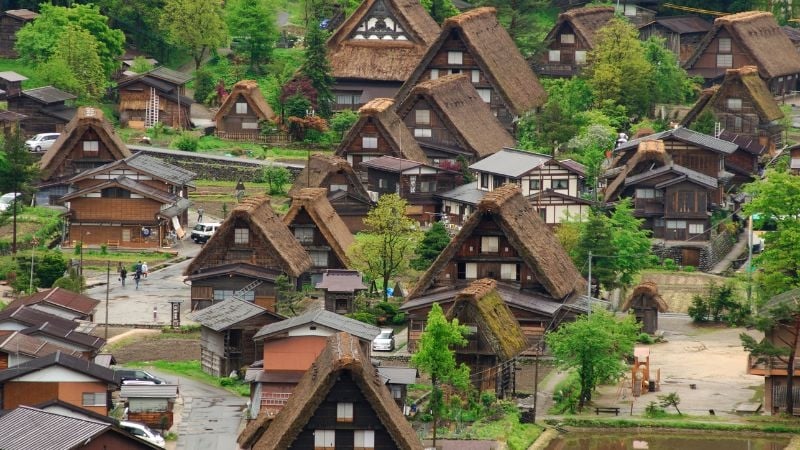
Image credit: gyro via Canva Pro
Set within the snow-blanketed valleys of Gifu and Toyama prefectures, the UNESCO-listed village of Shirakawa‑go is renowned for its gasshō‑zukuri farmhouses, centuries-old wooden structures with steep, thatched roofs designed to shed heavy snowfall.
Today, visitors can walk through the village, explore preserved homes such as Wada House, and observe age-old agricultural practices and seasonal festivals.
Some of the historic houses have been converted into minshuku (traditional inns), where you can stay overnight and experience rustic Japanese hospitality.
Also read: 21 Cheap and Free Things to Do in Tokyo: A 2025 Budget Travel Guide
Try traditional lacquerware crafting in Luang Prabang (Laos)
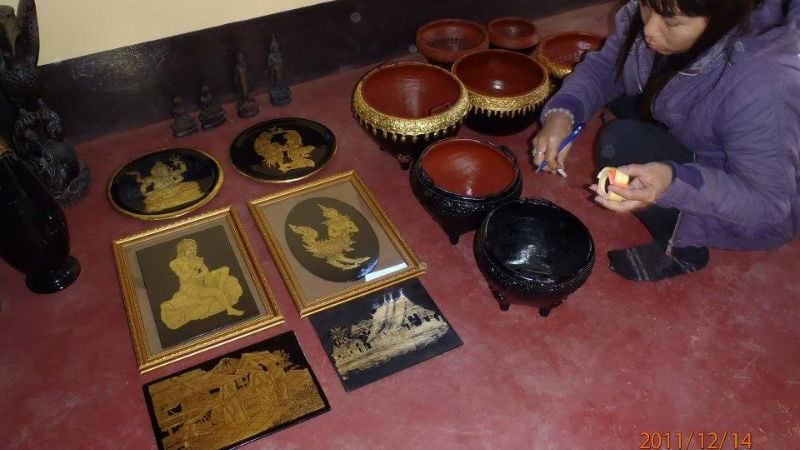
Image credit: Laos Lacquerware Official Facebook
In Luang Prabang’s artisan quarters, skilled craftsmen offer small-group lacquerware workshops. You’ll learn how raw sap is brushed onto bamboo or wood, sanded between coats, polished, and delicately decorated, a process integral to temple art and household items. These sessions support community guilds deeply rooted in Lao heritage.
Join a shadow puppetry workshop in Yogyakarta (Indonesia)
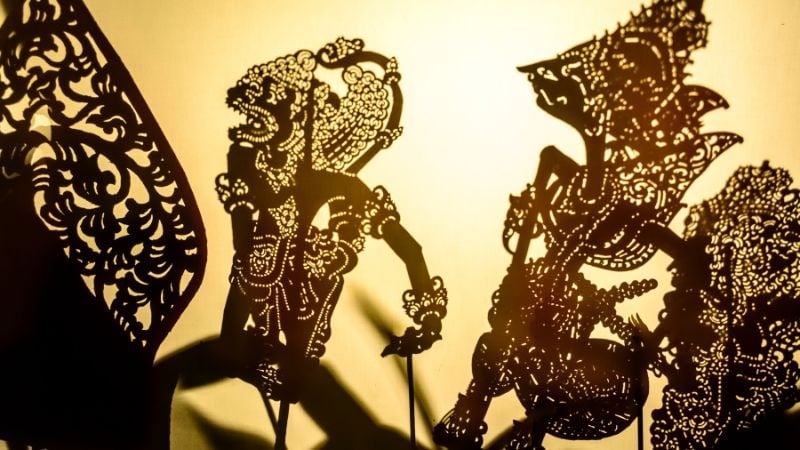
Image credit: raung via Canva Pro
Learn wayang kulit from a dalang (master puppeteer) at an arts centre in Yogyakarta. More than theatre, it’s a living ritual tracing Hindu‑Buddhist epic themes.
Under their tutelage, carve or paint leather puppets, master the rods and screens, and practise synchronising voice, percussion cues (the kothak and kepyak), and narrative flow.
Watch and learn classical dance in Kerala (India)
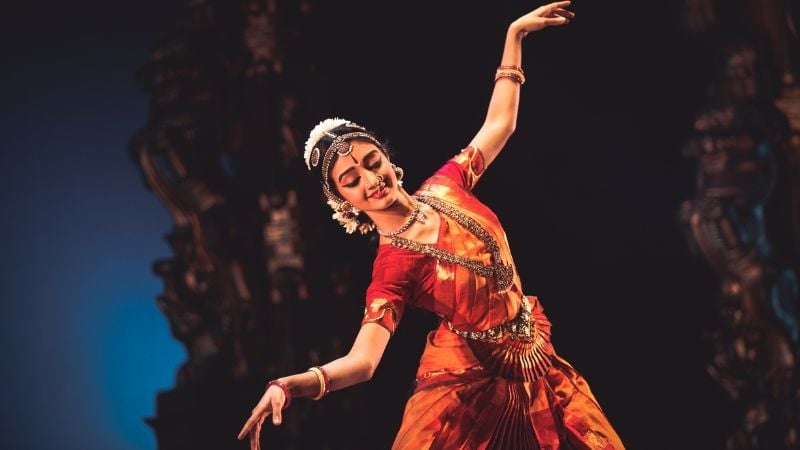
Image credit: jai767 via Canva Pro
Classical dance in Kerala is a beautiful performance you can’t miss. While the Nishagandhi Dance Festival in Thiruvananthapuram is the marquee event each January, showcasing styles like Bharatanatyam, Kathakali, Mohiniyattam, and Kuchipudi, the state offers cultural immersion year-round.
At institutions such as Margi Theatre and Kerala Kalamandalam, visitors can watch riveting performances steeped in storytelling and join introductory workshops to learn about costume, makeup, hand gestures (mudras), and the emotive vocabulary of each form.
Make soy sauce the traditional way in Tainan (Taiwan)

Image credit: ddukang via Canva Pro
Venture into central Tainan, Taiwan’s soy-sauce heartland, where family-run workshops welcome visitors to discover the art of hand-crafted fermentation.
You’ll learn how to blend soy and brine in precise ratios, stir the mash, and transfer it into traditional clay urns for fermentation. Some tours also include visits to aging cellars and tastings of finished soy sauce varieties.
Although you won’t wait through the months-long fermentation yourself, this immersive introduction reveals the dedication and cultural significance behind Taiwan’s prized condiment.
Join a traditional pansori performance & storytelling (South Korea)
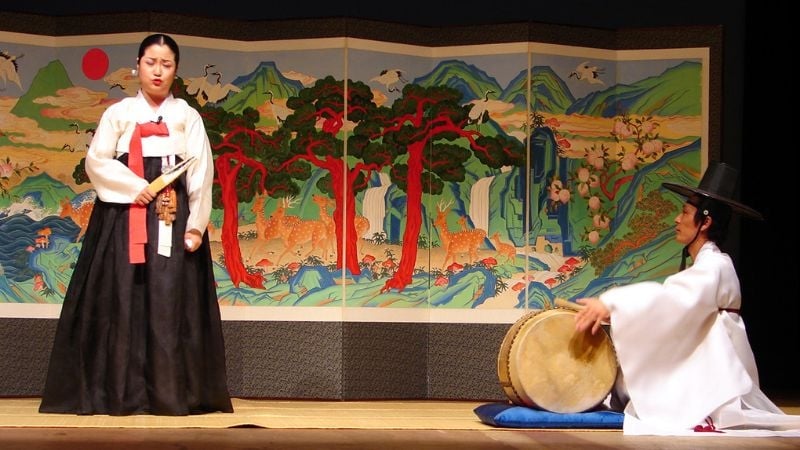
Image credit: Steve46814 | Wikimedia
Experience pansori, the dramatic solo singing style from Jeolla Province. In Seoul or regional centres, master singers impart vocal techniques, strong diaphragm use, dramatic inflection, and teach storytelling backed by rhythmic buk drum accompaniment. Recognised by UNESCO, pansori is an emotional voyage into Korean folk narratives.
Porcelain Painting in Jingdezhen (China)
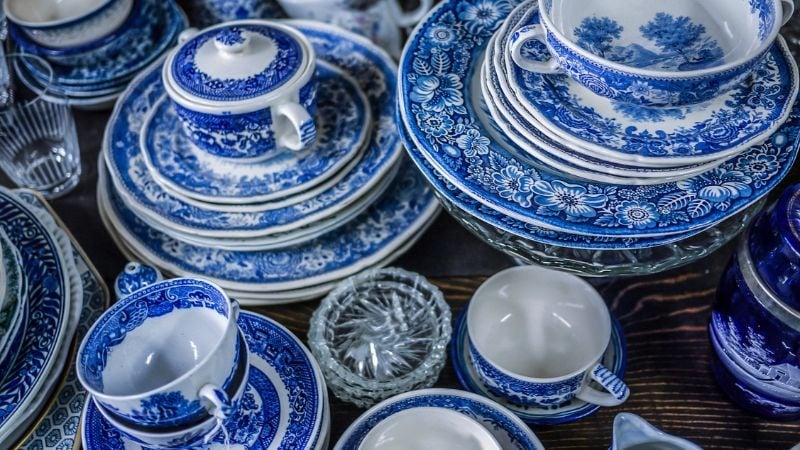
Image credit: Ravenatdusk via Canva Pro
Visit workshops in Jingdezhen, “China’s porcelain capital,” to try your hand at painting classic blue-and-white motifs. Under artisan supervision, you’ll apply cobalt underglaze designs, learn firing techniques, and even join kiln firings where possible. Many studios organise “open kiln” events that reveal the magic behind porcelain-making.
Traditional embroidery lesson with Suzhou silk masters (China)
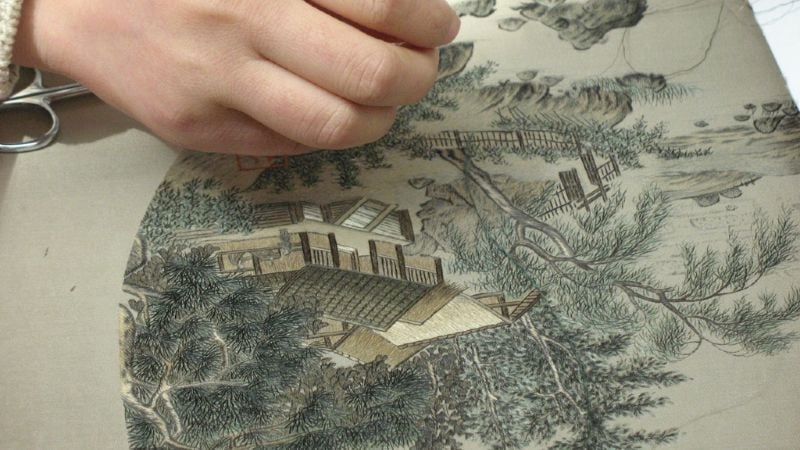
Image credit: Gary Soup | Wikimedia
In Suzhou’s renowned embroidery schools, artisans teach Su xiu, a two-thousand‑year-old silk embroidery style. You’ll practise micro stitches, learn colour shading techniques, and produce miniatures of classical scenery or fauna.
These workshops offer intimate views into an art form once reserved for imperial courts.
Explore traditional crafts at Kalm Village, Chiang Mai (Thailand)
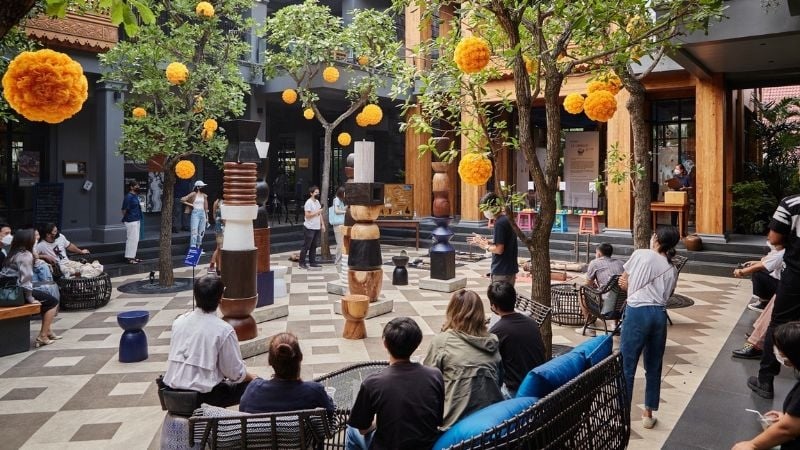
Image credit: Kalm Village Official Website
Opened in 2021 by local designers Achariyar and Araya Rojanapirom, Kalm Village is an artisanal hub of reclaimed teak structures housing craft studios, galleries, workshops, a library, and a café.
Enjoy hands-on sessions in woodwork, ceramics, textile dyeing, and weaving. Visitors collaborate with masters and emerging creatives within an elegant space for cultural exchange.
Also read: Things to Do in Thailand in 2025: A Look at What’s Ahead
Learn Ikat silk weaving at Angkor Silk Farm (Siem Reap, Cambodia)
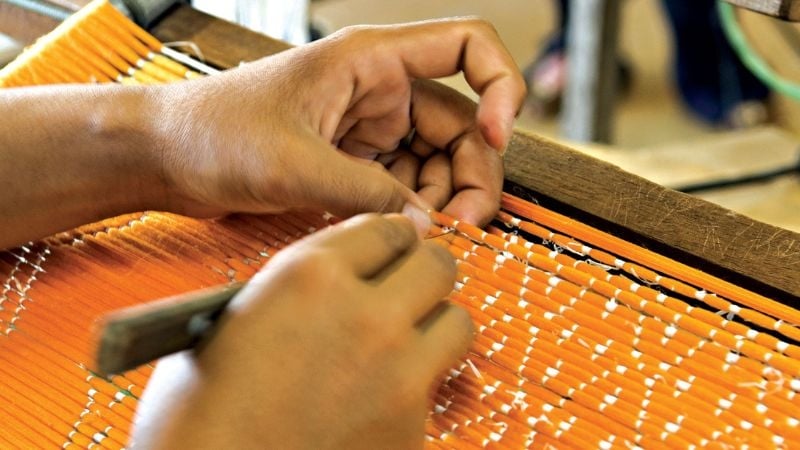
Image credit: Piseth1 | Wikimedia
At Artisans Angkor’s silk farm, observe the full silk production cycle, from mulberry cultivation and silkworm rearing to thread dyeing and loom weaving.
You’ll try your hand at shuttle weaving, creating ikat patterns steeped in Khmer tradition. The visit supports social enterprise artisans, with the added joy of weaving your own silk souvenir.
Also read: Best Places to Go in Thailand with Family: A City-By-City Guide
Why these experiences matter
Beyond souvenirs and sightseeing, these programmes offer connection through shared rhythms, craftsmanship, and storytelling. They are often led by cultural custodians who guide you with care and help to preserve living heritage.
These experiences invite travellers to slow down, listen, and walk in the footsteps of heritage, leaving with not just memories but also new skills, perspectives, and friendships.




